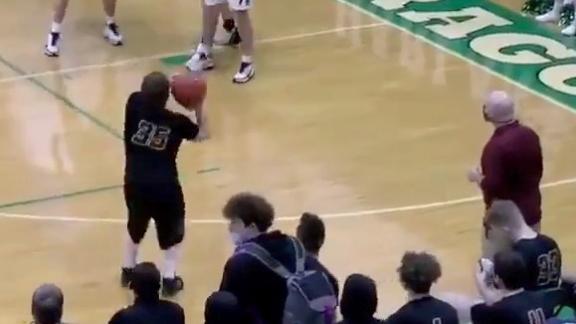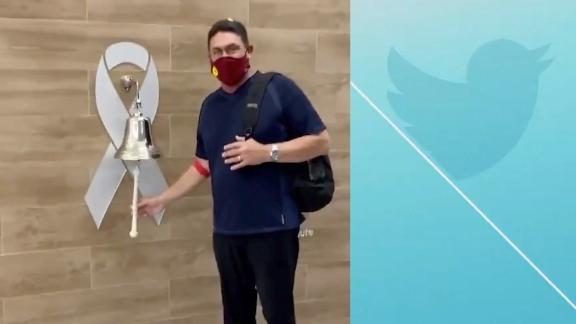Two college athletes. One a tennis player, the other a baseball player. Two successful careers. Two completely different approaches. One worked hard, one worked smart. The latter made all the difference.
As the tennis player, I practiced obsessively. In my mind, the certainty that I was better prepared than my opponent gave me confidence I didn't have naturally. I was convinced extreme preparation was the only way to compete successfully ... until I met my future husband, Tyler. Then, he was a starting outfielder on the baseball team. Now, he's making his way through the minor leagues. After two years of marriage he's altered my perception of what a dedicated athlete looks like.
Growing up as a junior tennis player, I competed in tournaments year round and trained non-stop. So much, in fact, my parents and coaches often advised me to take a week or two away from the game.
"It will be good for you!" they'd say.
I'd then explain that the frustration of coming back with weak legs, bad timing and no feel for the ball seemed to cancel out the supposed physical and psychological benefits of time off.
After a respectable Division I college career at Rice University and a short stint in the professional ranks, I figured my practice-makes-perfect mentality helped me make the most of what I considered average athletic talent. And I might still be holding fast to my "more is more" mantra if I didn't marry an athlete of the opposite mentality.
When Tyler entered his first offseason after his rookie-league professional debut, I watched in horror as he spent the first several weeks of his five-month break "resting."
Granted, there are around 140 games in a minor league baseball season (far more than most tennis players play in a full year), but seeing his bats collecting dust in a corner of his closet was too much for me to bear. It offended my "work harder" sensibilities, and I had to say something.
"So, uh, don't you think you should be doing ... more?"
I have since asked that same question several different ways only to get the same response. He explains that he's dedicated to being the best ballplayer he can be, but he also listens to his body. He knows when to rest and he knows how to train at maximum efficiency. Instead of hitting hundreds of baseballs each day just to make himself feel better, he hits until it feels right -- and not one swing more.
Though no one could fault my dedication, I always knew there was a point where hitting another forehand or serve became counterproductive. But was it 101 or 1,001? My practice sessions were often equal parts exhaustion and frustration. The exhaustion had value, but the frustration was futile.
After seeing the benefits of my husband's in-season and offseason routine, I understand that while intense training is part of every athlete's life, it's just one of many factors I should have considered when preparing for a tournament. Thanks to Tyler's example, I've learned to listen to my body and trust the instincts I never believed I had.
Now, whether I'm playing a practice match for fun or fighting for my place in the business world, I've discovered the beauty of working smart -- and I'll never go back.




